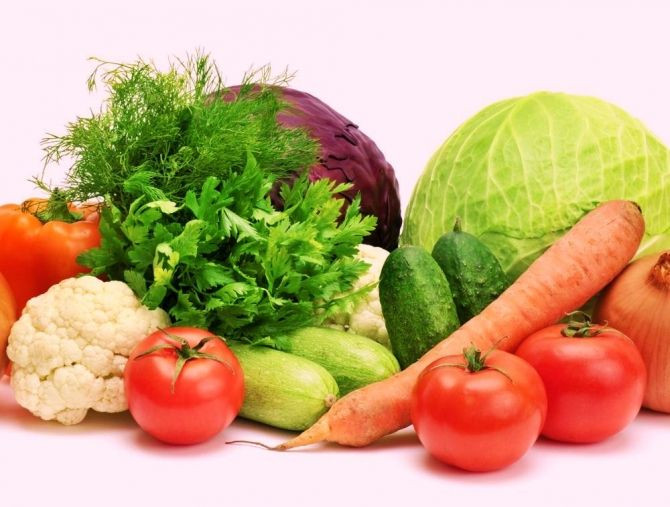Men Skip Their 5-A-Days and Opt for Meat Because They Find Vegetables Unmanly

A new study may reveal why men are generally more reluctant to eat vegetables.
A group of researchers from the University of Pennsylvania, Louisiana State University, University of North Carolina, Chapel Hill and Cornell University found that men, particularly men from western countries, generally associated meat with masculinity and vegetables as “weak and wimpy”.
The researchers analyzed the results from a number of experiments that studied metaphors and certain foods, like meat and milk, and found that people generally rated meat as more masculine than vegetables.
Not only do people more masculine words when talking about meat, people also perceived meat eaters as being more masculine than non-meat eaters.
The study authors also analyzed 23 different languages with gendered pronouns and found that meat was related to the male gender in most languages.
"To the strong, traditional, macho, bicep-flexing, All-American male, red meat is a strong, traditional, macho, bicep-flexing, All-American food," the study authors reported in the Journal of Consumer Research. "Soy is not. To eat it, they would have to give up a food they saw as strong and powerful like themselves for a food they saw as weak and wimpy."
Researchers say that marketers and health advocates need to address the metaphors that shape consumer attitudes and lessen such powerful associations that can lead consumers to make bad health decisions, like opting for meat over vegetables.
For instance, reshaping soy burgers to look more like beef patties by giving them grill marks, may help men reluctant to eat food other than meat make the transition compared to an education campaign that encourages people to eat more vegetables.
"In marketing, understanding the metaphor a consumer might have for a brand could move the art of positioning toward more of a science," the authors conclude.



























